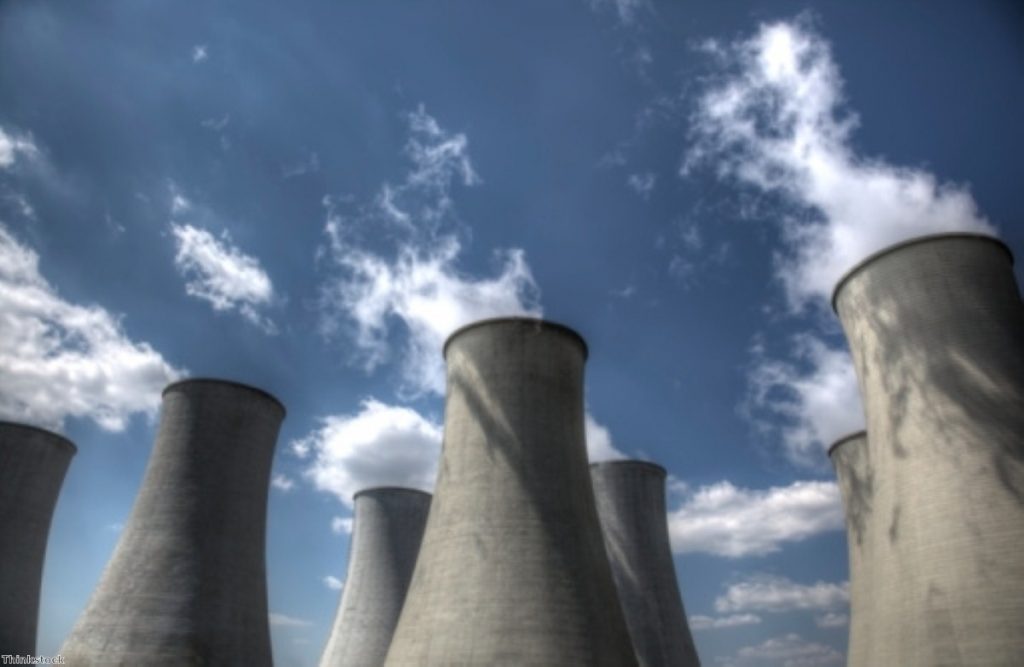Huhne keeps nuclear on the table
Nuclear power plants will not be closed in Britain in the wake of the growing crisis in Japan, energy secretary Chris Huhne has said.
German chancellor Angela Merkel today shut down seven of her country’s 17 nuclear reactors over safety fears prompted by the escalating situation at the Fukushima nuclear plant, north of Tokyo.
The impact of the earthquake and the tsunami it triggered have caused explosions at three reactors and there are reports that radioactive elements are leaking into the surrounding areas.


Mr Huhne told the Commons energy and climate change select committee that a review would be conducted under the Department of Energy’s nuclear regulator Dr Mike Weightman, but stressed there were “obvious distinctions” between the UK and Japan.
“Luckily we don’t live in a seismically active area like Japan,” the energy secretary said.
“We can count our luck that we happily live in an area where we don’t have to deal with those sorts of problems.”
Mr Huhne stressed the need to assess the facts and dismissed the stance of other European governments, who he said were “rushing to judgment”.
“I think there will be many different views across Europe depending upon where you are on the political spectrum and what country you’re from. In this country we have a good longstanding tradition, where we try to base public debate on an informed assessment of what’s gone on,” he added.
“I regret the fact that some continental politicians do seem to be rushing to judgment.”
Yet the energy secretary said lessons may be learned in areas like safety and back-up systems.
“Although it’s obviously absolutely right to say we don’t live in an earthquake zone, there may, for example, be lessons to be learned over the back-up facilities for cooling,” he said.
“What appears to have happened [in Fukushima] is that after the first failure of the first cooling system, as a result of the power cuts from the grid, the back-up diesel generators began to work and began to operate but they were then hit by the tsunami and therefore back-up operators failed to work and it took the staff on site some time to re-establish and improvise cooling which they of course did with the pumping of sea water.”
The energy secretary said flooding in the UK could make any lessons on back-up systems important in the future.
He said recent extreme weather like the floods in Gloucestershire had demonstrated the need to ensure back-up systems were “similarly proofed against extreme weather events”.
There are currently 19 nuclear power plants operating in the UK, with plans to increase their numbers by 2025 to meet the country’s growing energy needs.
The Liberal Democrats largely oppose nuclear energy, while both Labour and the Tories are behind the plans to expand the country’s nuclear base
Mr Huhne himself was a vocal opponent of the plans, but has since become a strong supporter, urging his party to follow suit. Under the coalition agreement the Lib Dems can abstain in a vote on nuclear energy.












